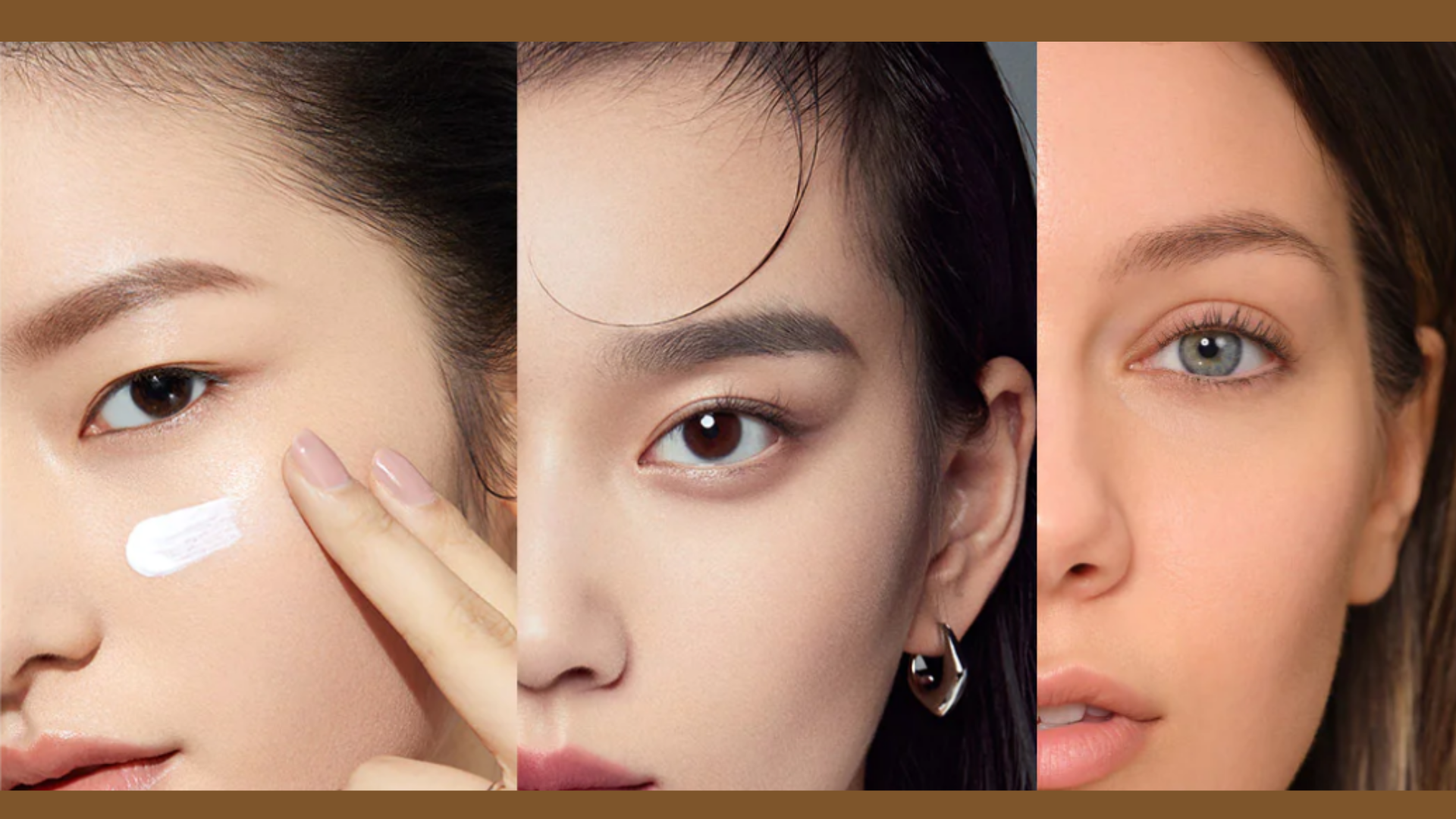China's cosmetics market is one of the largest, most dynamic and leading cosmetics markets in the world. It is the focus of many trends for international markets and the largest in terms of turnover. In recent years, it has experienced significant growth due to the increasing purchasing power of the population, the number of consumers and the interest in skin care and make-up, especially the skin care segment is the largest segment of the cosmetics market in China, with a market share of 62.8% in 2020, as indicated in the Annual Report on the cosmetics market in China by Kantar Worldpanel and Bain & Company.
Another relevant fact about the Chinese market is that online cosmetics sales continue to grow, increasing to 46.5% in 2020 compared to the previous year. E-commerce platforms such as Tmall, JD.com and Pinduoduo are the main online cosmetics sales channels in China.
-
Pechoin is a skin care brand founded in 1931. It is known for its focus on traditional Chinese medicine and has been popular in China for many years. As Chen Yue points out, it is one of the most important Chinese cosmetic brands with 90 years of history and almost 3 billion euros of turnover. As Chen Yue says, Pechoin, has entered Amazon and is carrying out its expansion and internationalisation process. The Pechoin brand focuses on skin care and offers a wide range of facial and body care products, including moisturisers, cleansers, toners, serums, masks and sun care products. Its products contain natural ingredients, such as Chinese herbs and plant extracts, and have been developed using innovative technologies.
-
Another of the brands highlighted by the expert and Head of Global Digital Marketing and Ecommerce at PHERGAL Laboratories is Perfect Diary. In this case, it is a make-up brand that was created in 2016. It has gained popularity for its focus on the Generation Z beauty market and its focus on social media to promote its products, especially through its lipsticks and shadow palettes. In addition, in 2019, in Alibaba Group's particular Single Day celebration, Perfect Diary, it reached 100 million yuan in just 13 minutes. It uses advanced technology to produce its products and works in collaboration with beauty and fashion experts to develop new products that are at the forefront of trends in the cosmetics market.
-
Proya is a skin care and cosmetics brand based in China. Founded in 2003 and has gained popularity in the Chinese market in recent years. The brand focuses on skin care and offers a wide range of skin care products, including cleansers, toners, serums, moisturisers and facial masks. Proya's products are manufactured in China and sold both online and in physical shops in the country. The brand has won several industry awards, including the China Skin Care Brand Gold Award in 2018 and the China Skin Care Brand Gold Award in 2019.
-
Chando is a Chinese cosmetics brand founded in 2001. Renowned for its high quality products that combine traditional Chinese medicine with modern technology to achieve effective skin care results. It offers a wide range of skin care products, including moisturisers, toners, serums, facial masks, eye care products and more. Its products contain natural ingredients, such as Chinese herbal extracts, and have been developed using innovative technologies. Chando boasts a commitment to research and development in the cosmetics industry. The brand has its own research and development centre, where it works in collaboration with experts in beauty and traditional Chinese medicine to develop new products that are at the forefront of the latest trends in skin care.
Despite the large presence of these brands, international brands remain popular in China's cosmetics market: According to the Kantar Worldpanel and Bain & Company report, in 2020, foreign brands accounted for 70.7% of the total cosmetics market in China. The most popular brands include L'Oreal, Estée Lauder, Lancôme, Shiseido and SK-II.
